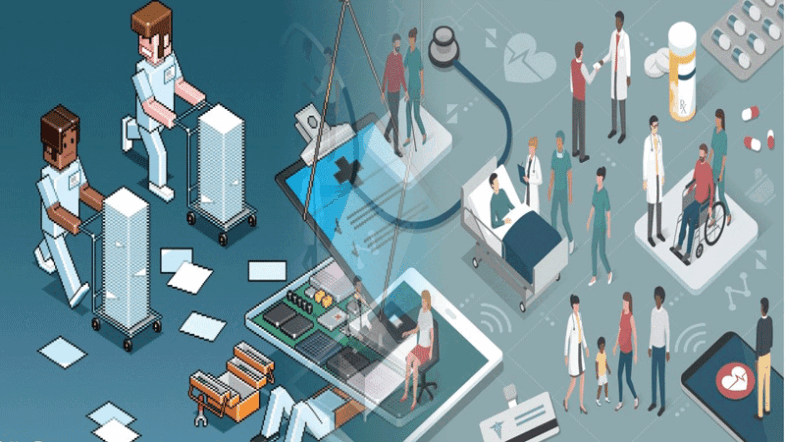The cost of doing business in the health sector is rising exponentially due to the current inappropriate use of expensive Western medical technology.

Pakistan’s healthcare costs and business costs could be halved by adopting Chinese medical technology and upholding ethical standards when recommending medications and diagnostic procedures according to experts. Some advance medical technologies can be found in don joy products. They can surely help you in aiding your therapy.
They also advocated for the promotion of lifestyle medicine in the country, such as traditional Chinese medicine, Ayurvedic medicine, and Unani medicine, as well as the introduction of emerging technologies such as stem cell and gene therapies to treat incurable diseases.
The cost of doing business in the health sector is rising exponentially due to the current inappropriate use of expensive Western medical technology.
A Memorandum of Understanding (MoU) signing ceremony was addressed by Prof. Shahzad Ali Khan, Vice Chancellor of the Health Services Academy (HSA) in Islamabad. “Hospitals tend to pass on this heavy burden to the patients, resulting in catastrophic expenditures and chances of impoverishment even in the middle-class families due to higher cost of treatment,” he said.
Chief Executive Officer of the Institute of Regenerative Medicine (IRM) Dr. Salman Ghani, CEO of the Islamabad Healthcare Regulatory Authority (IHRA) Dr. Quaid Saeed, Registrar HSA Dr. Tariq Mahmood, Prof. Ramesh Kumar, former medical director CDA Dr. Hasan Orooj and others were also present.
According to the Memorandum of Understanding (MoU) between the Institute of Regenerative Medicine (IRM) and the Health Services Academy (HSA), the academy would launch certificate and diploma programmes to train healthcare professionals in the use of cutting-edge medical technology, stem cell research, and regenerative medicine.
Prof. Shahzad argued that Pakistani medical professionals should turn to alternative sources of medical technology and, in particular, should increase their cooperation with China in the fields of biotechnology, regenerative medicine, and traditional Chinese medicines, which are not only very effective but also very cheap and accessible.
Prof. Shahzad lamented the lack of training among the majority of technicians in the private healthcare industry and stated that the Health Services Academy had begun forming alliances with national and international medical schools to launch diploma, certificate, and degree programmes in order to supply the nation’s healthcare industry with qualified and trained personnel.
He stated, “Until 2018, HSA was a dormant institute, but after that, we started developing partnerships with national and international universities and healthcare institutions, and at this time, we have established collaborations with US, European, and Asian universities and institutions for the transfer of medical technology and training of our students and professionals.
He urged the Institute of Regenerative Medicine (IRM) to support lifestyle medicine in Pakistan and claimed that by working together, the HSA and IRM could not only introduce highly efficient and affordable medical treatments for a variety of diseases but also provide trained personnel to introduce alternative types of medicines and treatments in Pakistan.
Dr. Salman Gilani, the Chief Executive Officer (CEO) of IRM, claimed that IRM was the only facility in Pakistan performing specialised stem cell regenerative medicine procedures.
He claimed that all types of illnesses, including hereditary conditions like Thalassemia, joint and bone problems like osteoarthritis, baldness, cancers, stroke, and many others, could be managed and even cured with this method. He added that IRM was the only institute in the nation with its own stem cell lab.
“We have used the stem cell technology very effectively in some of the diseases and in the next phase, we are going to introduce gene therapy to treat and cure hereditary diseases including Thalassemia, bone regeneration, and treatment of auto-immune disorders,” he said.
